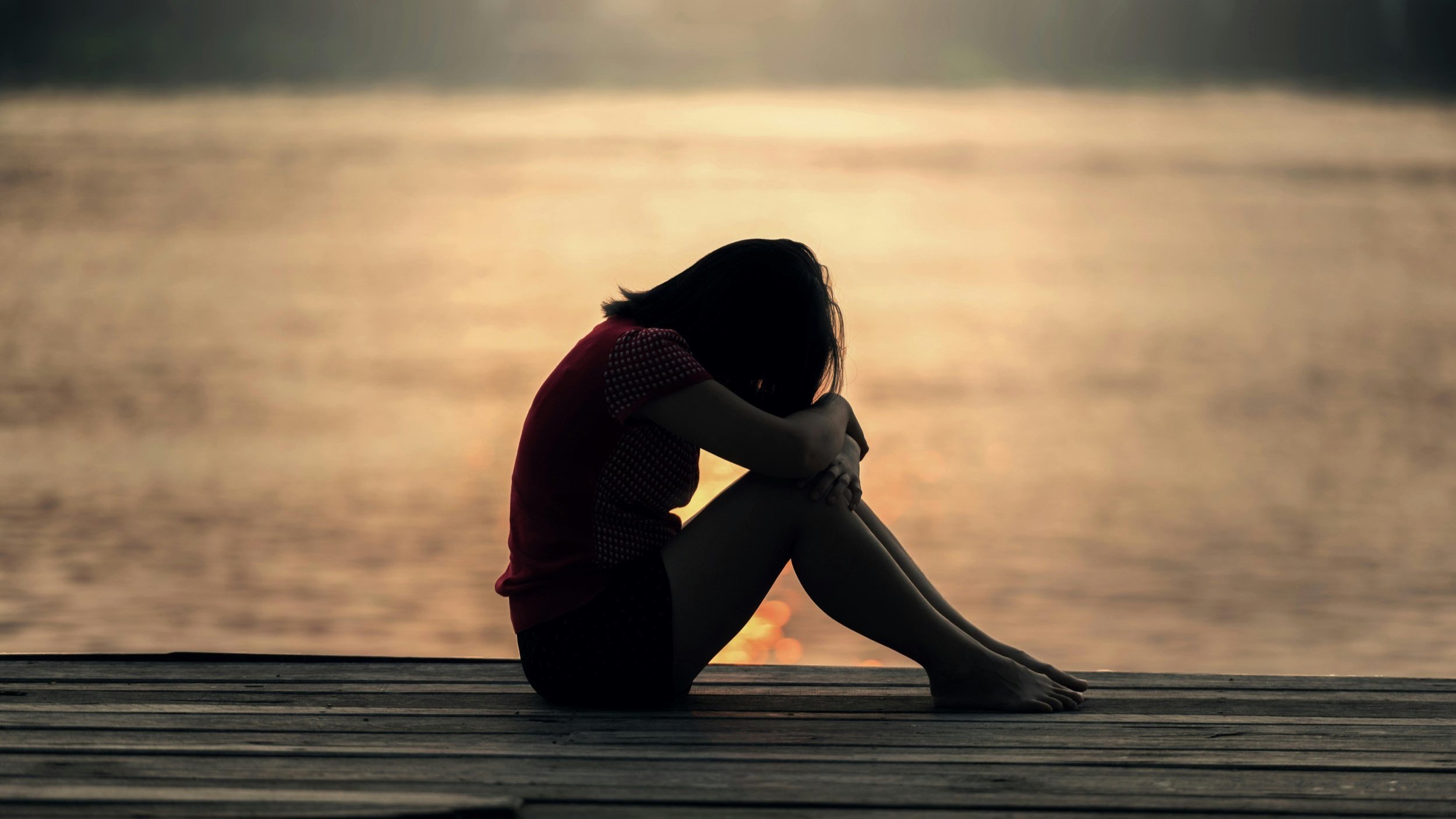Types of Grief & How to Begin Healing
Written by Taylor Weaver
June 8, 2025
A gentle guide to healing after loss.
Grief is one of the most human experiences we go through, yet it can feel deeply isolating. Whether you've lost a loved one, gone through a major life transition, or are mourning a version of life you thought you'd have, grief has a way of reshaping us from the inside out.
It doesn’t follow a timeline. It doesn’t look the same for everyone. And it certainly doesn't show up just in tears. Sometimes grief is numbness. Sometimes it's anger or guilt. Sometimes it’s just feeling like you’ve lost your sense of self.
Wherever you are in your journey, you’re not alone, and you don’t have to carry it all on your own.
What is grief really?
Grief is more than sadness. It’s a whole-body experience that can affect how you think, feel, move, sleep, and even breathe. It's a natural, complex response to loss, and it can show up in many forms - emotional, physical, spiritual, and psychological.
You might feel:
Waves of sadness or longing
Irritability or unexpected anger
Trouble concentrating or feeling present
Exhaustion, tension, or heaviness in the body
Disconnection from yourself or others
A deep need for meaning or understanding
Grief comes in many forms and all are valid.
When we hear the word grief, we often think of death. And while losing a loved one is one of the most recognized forms of grief, it’s far from the only one.
Grief arises whenever life shifts in a way that feels irreversible. It’s what we feel when something meaningful to us (ie. a person, relationship, dream, or sense of identity) is no longer present. We grieve not just what was lost, but what it represented, and what might have been.
You may be grieving even if there’s been no funeral, no public acknowledgment, or no single traumatic event. This type of grief is sometimes called "non-death loss" or "disenfranchised grief," which refers to grief that society doesn’t always recognize or validate.
You might be grieving:
The end of a relationship, friendship, or marriage
Miscarriage, infertility, or a hoped-for future that never arrived
A serious illness or chronic condition that’s changed how you live
A move, immigration, or the loss of a sense of home or community
The loss of a job, career path, or sense of purpose
Estrangement from family, or mourning the parent or childhood you never had
A shift in faith, belief systems, or identity
Collective grief over social injustice, climate change, or global crises
As psychotherapist and author Francis Weller writes, “Grief is not a disorder, a disease or a sign of weakness. It is an emotional, physical and spiritual necessity, the price you pay for love. The only cure for grief is to grieve” (3).
There is no "right" way to grieve.
You may have heard of the "five stages of grief," but real-life grief rarely moves in a neat, linear path.
Healing after loss doesn’t mean forgetting or moving on, it means learning how to carry the love and the memories while making space for your own continued growth. It means finding ways to reconnect with life, one moment at a time.
How therapy can support the grieving process:
Working with a therapist during times of grief can be incredibly grounding. A safe, supportive space allows you to express your pain without judgment, explore the depth of your feelings, and begin to move toward healing on your own terms.
Grief therapy can help you:
Process complicated emotions like guilt, regret, or anger
Reconnect with your body and nervous system after shock or trauma
Explore spiritual questions or existential feelings that arise
Honor the loss while also honoring your own journey forward
Find healthy ways to remember, express, and keep connection
Whether your loss was recent or long ago, it’s never too late to begin healing.
A holistic approach to grief healing
Grief touches every part of our being, which is why a holistic approach to grief can be so powerful. This might include:
Gentle talk therapy or somatic practices
Mindfulness, meditation, or breathwork
Journaling or creative expression
EMDR therapy for grief tied to trauma
Energy healing or spiritual support
Connecting with nature
Often, healing happens through a combination of practices that honor all parts of you - body, mind, and soul.
You don’t have to walk through grief alone.
Grief can feel like wandering through fog. You might not know where you’re headed, and that’s okay. Healing isn’t about getting back to “how things were” - it’s about finding your way forward in a new, more compassionate way.
If you're navigating loss and longing for a safe, supportive space to explore what you're feeling, I’d love to walk alongside you. Together, we can create space for healing, softness, and reconnection.
Reach out today to schedule a free consultation or learn more about grief support. You don't have to go through this alone.
Sources
1. Center for Complicated Grief at Columbia University. What Is Complicated Grief?
https://complicatedgrief.columbia.edu/for-the-public/what-is-complicated-grief/overview/
2. National Center for Biotechnology Information. Disenfranchised Grief and COVID-19.
https://www.ncbi.nlm.nih.gov/pmc/articles/PMC7524852/
3. Weller, Francis. The Wild Edge of Sorrow: Rituals of Renewal and the Sacred Work of Grief.
https://francisweller.net/

